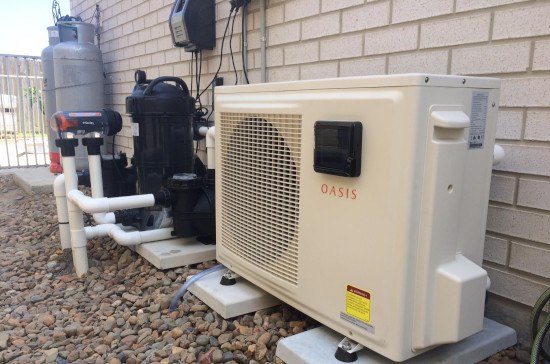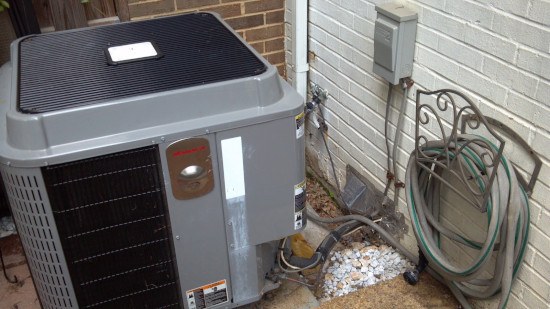How Much Does a Heat Pump Cost in 2025? (Price Guide)
-
Ed Malaker
- Last updated:
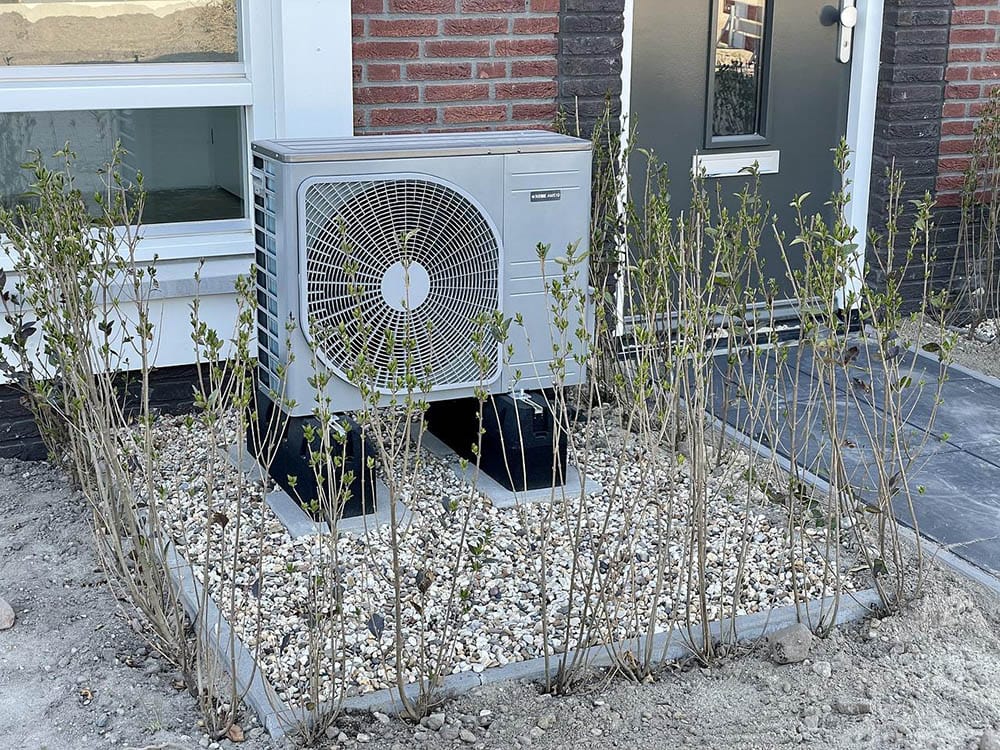
Heat pumps transfer energy from one area to another, so they can be quite effective at heating your home. These units can also cool your home, despite their name, and are similar to central air. Many people want to know how much a heat pump costs this year. While the average price with installation is around $6,000, this is dependent on many factors, so keep reading as we look at the different types of heaters, the cost of labor, and other things that affect the final price of a heat pump.
Click to Skip Ahead:
- The Importance of a Heat Pump
- How Much Does a Heat Pump Cost By Type?
- Heat Pump Average Cost By Capacity
- Additional Cost Factors to Consider
- How Often Should I Replace My Heat Pump?
The Importance of a Heat Pump
Heat pumps provide heating and cooling for your home and can replace a traditional HVAC system, or they can work along with it to help improve efficiency. Heat pumps can also lower your electric bill by as much as $1,500 annually, reducing your energy costs by more than 30%. This reduction in energy cost is due to them being more efficient, which means they typically pay for themselves in a few years. Since they use electricity instead of fire to create heat, they don’t produce any carbon monoxide, so they are safer.
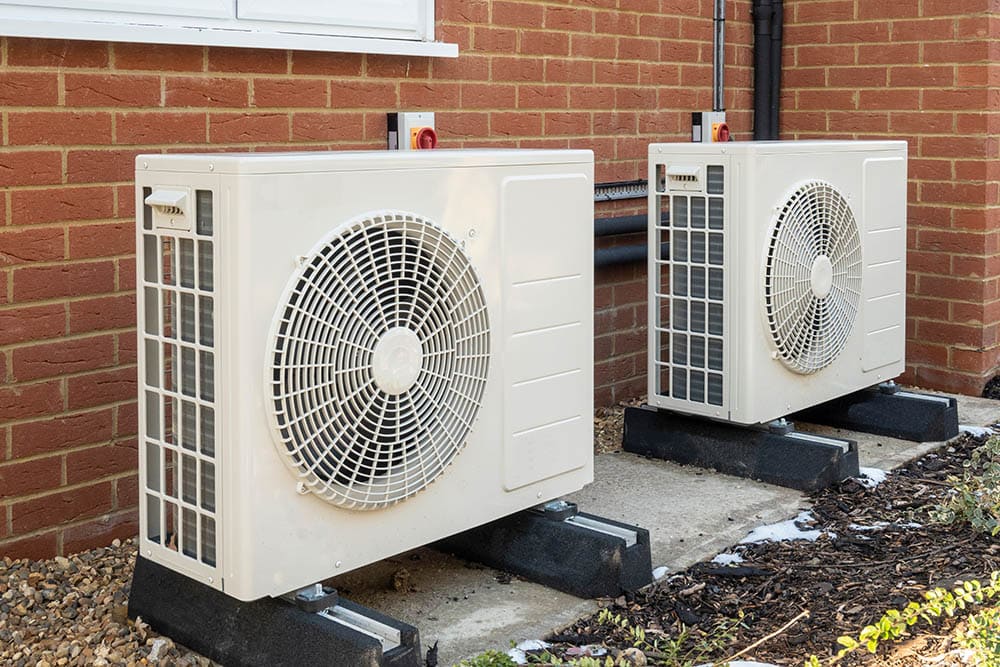
How Much Does a Heat Pump Cost By Type?
One of the biggest factors affecting heat pump cost is the type. There are several to choose from and each works slightly differently.
1. Air-Source
Air-source heat pumps draw hot or cold air across refrigerant lines to absorb heat or release it, depending on your needs. It’s most useful for moving warm air to a colder area. The cost to install it usually ranges from $4,000 to $8,000.
2. Mini-Split
The mini-split system is a type of air-source system that uses refrigerant lines spread throughout your home to balance the temperature. Installing these lines can get expensive, so depending on how many you need, installation can be low as $2,000 or as high as $15,000.
3. Geothermal
Geothermal units adjust the temperature in your home by using underground pipes that harness the temperature of the ground below the house. In the hot summer, these pipes will bring in cool air from many feet below the ground, while in winter, the air will be warm because the ground that deep does not freeze. Using this system can greatly reduce the strain on your furnace or air conditioning units. However, digging below your home to install these pipes can get quite expensive, and you can expect to pay between $6,000 and $20,000 to install a geothermal heat pump.
4. Hybrid
A hybrid system uses a heat pump along with your standard furnace. This type of system is good in cold environments, where the heat pump alone cannot create enough heat to warm the entire home but can still significantly reduce the stress on your furnace, reducing fuel costs and extending its lifespan. This option typically costs between $2,000 and $10,000 to install.
5. Solar
Solar heat pumps are the most environmentally friendly because they use the renewable resource of the sun. Solar heat pumps do not require fuel, so they will pay for themselves over time. However, they are the most expensive to install and usually cost between $18,000 and $39,000.
| Type | Installation Cost |
| Air-Source | $4,000 – $8,000 |
| Mini-Split | $2,000 – $15,000 |
| Geothermal | $6,000 – $20,000 |
| Hybrid | $2,000 – $10,000 |
| Solar | $18,000 – $39,000 |
Heat Pump Average Cost By Capacity
You can determine what size heat pump you need by measuring your home to find the total square footage. Experts state that the average American home contains 2,500 square feet, which means it will need a pump size of 4 or 5 tons, leading to a pump cost of $4,000 to $10,000. Small mobile homes can use a much smaller heat pump.
| Pump Size in Tons | Home Size in Square Feet | Average Installation Cost |
| 1.5 | 600–1,100 | $2,000–$3,500 |
| 2 | 900–1,400 | $3,000–$5,500 |
| 2.5 | 1,200–1,700 | $3,200–$6,000 |
| 3 | 1,500–2,100 | $3,500–$6,500 |
| 3.5 | 1,800–2,300 | $3,800–$7,000 |
| 4 | 2,100–2,700 | $4,000–$8,500 |
| 5 | 2,400–3,300 | $4,500–$10,000 |
Additional Cost Factors to Consider
Efficiency
Heat pumps will have ratings that tell you how efficient they are. The seasonal energy efficiency ratio measures the cooling output divided by the energy input, while the heating season performance factor measures the heat output to electricity use over a season, and the coefficient of performance measures how many times more efficient a heat pump is than electric resistance seats. Each of these ratings will tell you how efficient a heat pump is. A higher score will mean it works better but is usually more expensive.
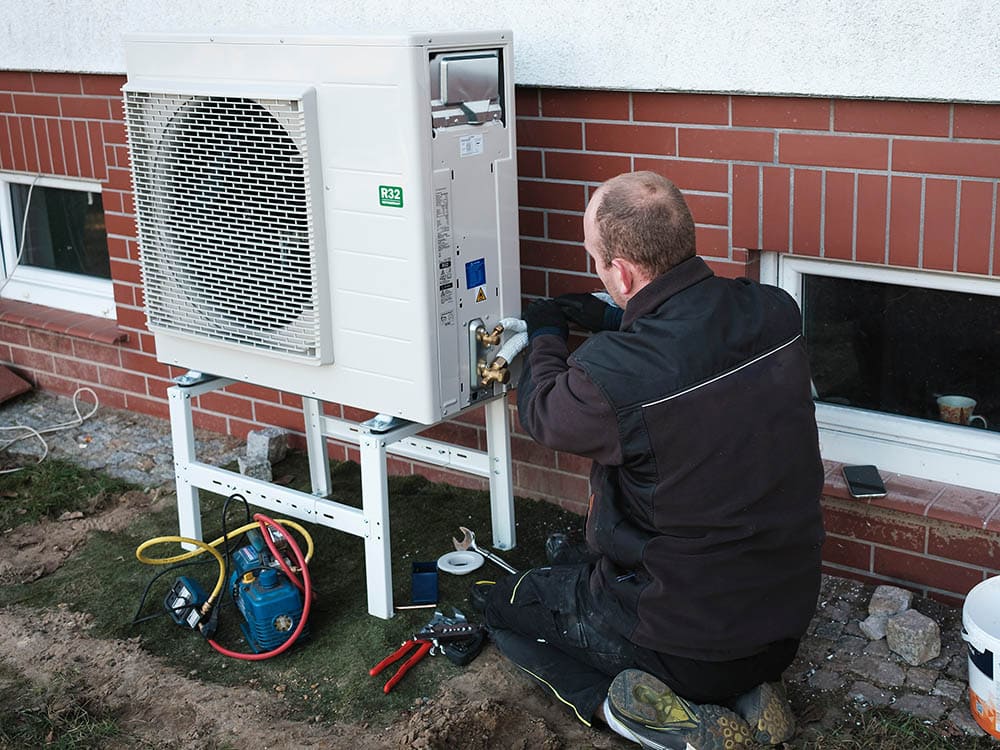
Home Architecture and Modifications
Replacing an existing heat pump will be far less expensive than installing a new one. A new heat pump usually requires modifications to your home architecture that can get quite pricey in terms of materials and labor.
Installation Labor
Most people prefer to hire a professional to install their heat pump instead of doing it themselves. Therefore, you will need to budget for labor in addition to the cost of the heat pump and modifications to your home. In many cases, this labor cost will be a significant part of your total bill, so it’s best to look around for local rates before getting started.
Permits
You need a permit to install any HVAC installation, including a heat pump. In most cases, the professional whom you hire to install your heat pump will obtain the permit for you, which will cost a small fee that usually includes a follow-up inspection.
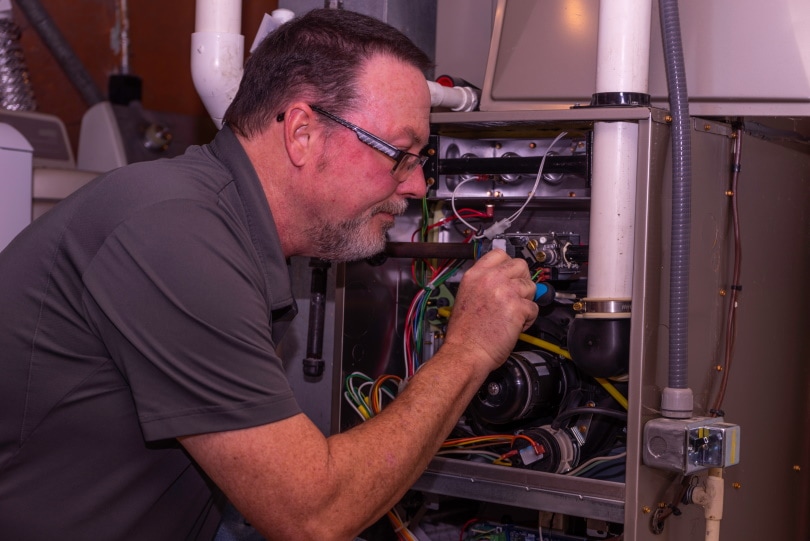
Thermostat
If your current thermostat is not compatible with your new heat pump, you will need to replace it.
Electric Heat Strips
Electric heat strips are part of an air-source heat pump and are responsible for heating the air in the system. You may need to purchase replacements from time to time if they burn out or become less effective.
New Ductwork
Ductwork usually lasts a long time, but it can wear out and get holes, which enables air to escape and makes the system less effective. If you notice any damage developing in your ducts, you will need to repair or replace the affected areas.
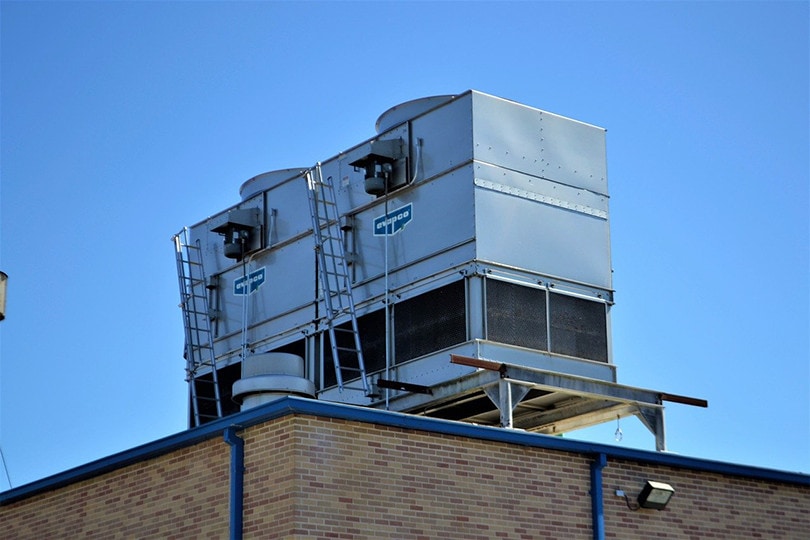
Removal of the Old Unit
Another cost that you may need to plan for is removing the old unit. Sometimes, the installers will take the old unit with them, but if they don’t, you will need to find another way to dispose of it.
How Often Should I Replace My Heat Pump?
Heat pumps typically last 15 to 20 years with little maintenance required. Air-source units may require new electric heat strips from time to time, and solar panels can receive damage from the elements, especially if you live in an area with bad weather.
 Conclusion
Conclusion
Heat pumps typically cost between $2,000 and $10,000, depending on the type that you purchase and how much work is involved in the installation. The most expensive heat pumps are solar powered, but they do not require fuel and will save you money in the long term, so they are great options if you have the budget.
Featured Image Credit: HarmvdB, Pixabay
Contents

